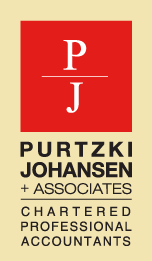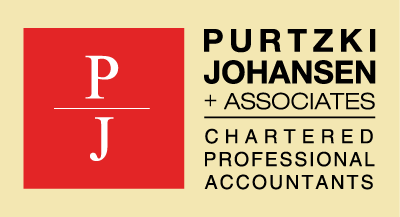
With the drop in prices of residential real estate and the glut of condos on the market, particularly in the Lower Mainland, a few clients have started bargain hunting for a condo to purchase and rent out.
Here some tax planning tips:
- Use your holding company to purchase the real estate. Your corporate tax rate is much lower than your personal tax rate, which means you will require less cash flow to pay off the non-deductible portion of the mortgage.
- Many professionals choose to maximize borrowing because interest is tax deductible. Any existing corporate cash surplus can be put to good use paying of the non-deductible home mortgage.
- From a tax point of view, the purpose of money you borrow really matters. For instance, if you mortgage your home to purchase a rental unit, the interest is deductible. If you refinance your rental property and use the funds to purchase your primary residence, the interest expense is not tax deductible.
- Maximize rental expenses. One of the missed deductions is travel expenses. You can deduct travel costs incurred to collect rents, supervise repairs and manage your rental properties. Only travel costs are deductible, not board and lodging.
- If you need to repair or renovate a rental unit, you can only write off replacement costs if it is part of the ongoing repairs and does not extend the useful life of the replaced part.
- When you sell the unit, you are faced with a recapture of any depreciation you claimed on the building, and a capital gains tax of about 25 per cent of the gain on sale. If you are active in selling and purchasing rental real estate, CRA will consider your activities “an adventure in the nature of trade” and treat your capital gains as business income instead.



